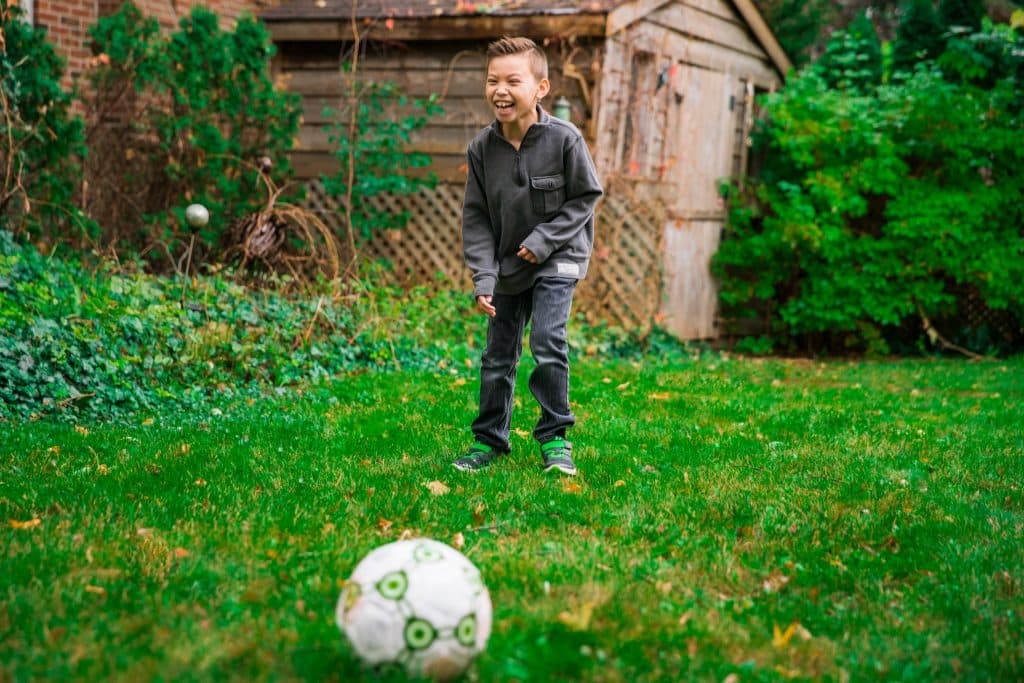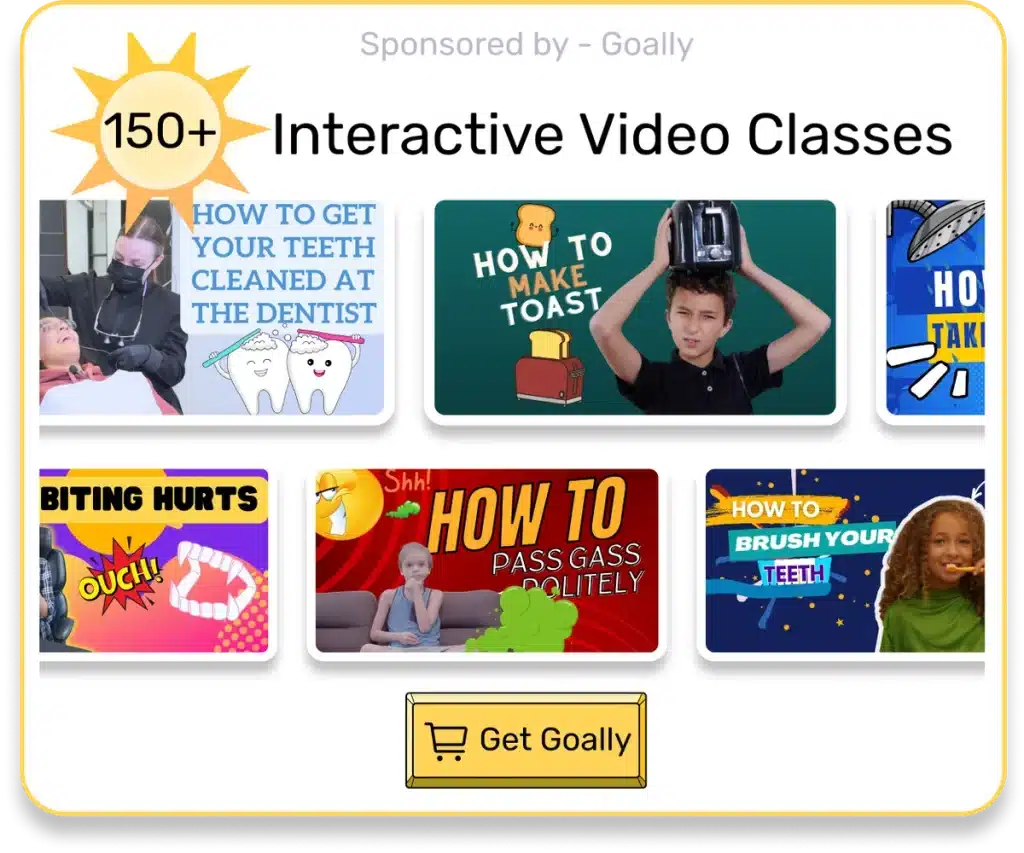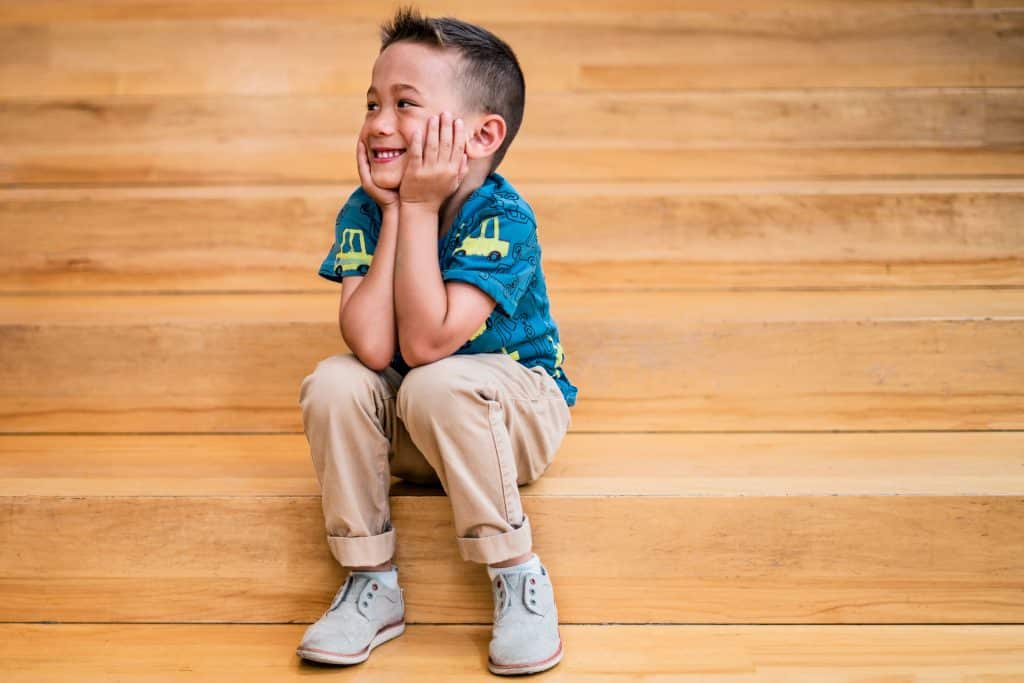Can you picture a child with ADHD having a meltdown because their favorite toy broke? I can. As a practitioner who works with neurodivergent kids, I’ve seen firsthand how ADHD can heighten emotions in children. Kids with ADHD often experience emotions more intensely and have a harder time regulating their emotional responses.
Table of Contents
Yes, people with ADHD can experience heightened emotions, including emotions that are more intense and last longer than other people’s. These emotions can be positive or negative, including joy, anger, pain, or confusion. For example, a child with ADHD might feel heightened enthusiasm when playing a game they love or intense hurt and rejection if a friend doesn’t want to play with them. These emotions can be so intense that they lead to meltdowns, where a child acts out by crying, laughing, yelling, and moving all at once.
What is Emotional Dysregulation in ADHD?
Emotional dysregulation is a common symptom of ADHD that makes it difficult for kids to control their emotional responses. Some signs of emotional dysregulation in kids with ADHD include:
- Impulsivity – acting on emotions without thinking
- Lower resilience – getting more easily upset by challenges or setbacks
- Inability to restore emotional balance – taking longer to calm down once upset
A study published in the Journal of Abnormal Child Psychology found that children with ADHD had significantly greater emotional reactivity and poorer emotion regulation skills compared to children without ADHD. The researchers noted that “emotional impulsiveness and deficient emotional self-regulation are central features of ADHD.”

Strategies to Help Kids with ADHD Regulate Emotions
Emotional self-control can be challenging for kids with ADHD, particularly when it comes to difficult emotions like frustration, anger, or sadness. Some strategies I’ve found helpful for improving emotional regulation in my work with neurodivergent kids include:
- Labeling emotions – Helping kids identify and name what they are feeling
- Slowing down – Encouraging kids to pause and take deep breaths before reacting
- Mindfulness – Teaching kids to be present and aware of their emotions without judgment
- Co-regulation – Staying calm myself and modeling healthy emotion regulation for kids
One technique I like to use is an “emotional thermometer.” I have kids draw a large thermometer and label emotions at different temperature levels, from content and calm at the bottom to angry and explosive at the top. Then, when they get upset, they can identify where they are on their emotional thermometer and what coping strategies to use to cool down.

The Role of Rejection Sensitive Dysphoria
Many kids with ADHD also experience rejection-sensitive dysphoria (RSD), which means they are more sensitive than their peers to rejection, teasing, criticism, or their own perception that they have failed or fallen short. RSD can make the everyday ups and downs of childhood feel catastrophic.
For example, if a child with RSD gets a poor grade on a test, they may feel like a complete failure and sink into a shame spiral. Or if a friend snubs them on the playground, they may feel utterly alone and devastated. According to ADDitude Magazine, “nearly all adolescents and adults with ADHD acknowledge experiencing RSD symptoms like guilt, remorse, and the feeling of being a ‘bad person’ after an angry outburst.”

Goally | Best Videos to Teach Life Skills
Give your kid an independent future. Goally has 100+ video classes teaching life skills like “How to Choose a Restaurant,” “How to Interrupt Politely,” and “How to Get Ready for School.”
Goally takes kids on an adventure that includes interactive practice and checkpoints along the way! No web browsers, YouTube, or social media.
The Bottom Line
ADHD absolutely can heighten emotions in kids. Children with ADHD may feel both positive and negative emotions more intensely and have a harder time regulating their emotional responses. Emotional dysregulation and rejection sensitivity are common, making the normal emotional challenges of childhood feel overwhelming at times. The good news is there are strategies we can teach neurodivergent kids to help them better understand and manage their big emotions. With support and practice, they can learn to ride those emotional waves.
To learn more about ADHD and emotions in kids, check out these helpful resources:
- ADHD and Emotions: What You Need to Know – Overview of how ADHD impacts emotions in kids and adults
- Emotion Regulation and ADHD – Strategies to help kids manage their emotional responses
- Rejection Sensitive Dysphoria and ADHD – Understanding this common emotional challenge
FAQs About ADHD Heightening Emotions
Does ADHD heighten emotions in children? Yes, ADHD heightens emotions, leading to stronger emotional reactions and difficulty regulating emotions in children. How can parents help ADHD children manage heightened emotions? Parents can teach relaxation techniques, use positive reinforcement, establish routines, and utilize tools like visual schedules and emotional regulation apps. Can visual schedules help ADHD children with emotional regulation? Yes, visual schedules help children with ADHD maintain routines and provide a sense of predictability, which can improve emotional regulation. Are there emotional regulation apps for children with ADHD? Yes, there are emotional regulation apps designed specifically for children with ADHD to help them identify and manage their emotions effectively. How can rewards help children with ADHD and heightened emotions? Rewards motivate children with ADHD to practice emotional regulation strategies and reinforce positive behaviors, ultimately improving their emotional well-being.
This post was originally published on 05/23/2023. It was updated on 04/08/2024.

Goally
We help parents teach their kids life skills, like doing bedtime and morning independently. Backed by science, we incorporate evidence-based practices and expert-informed designs in all of our apps and content.






